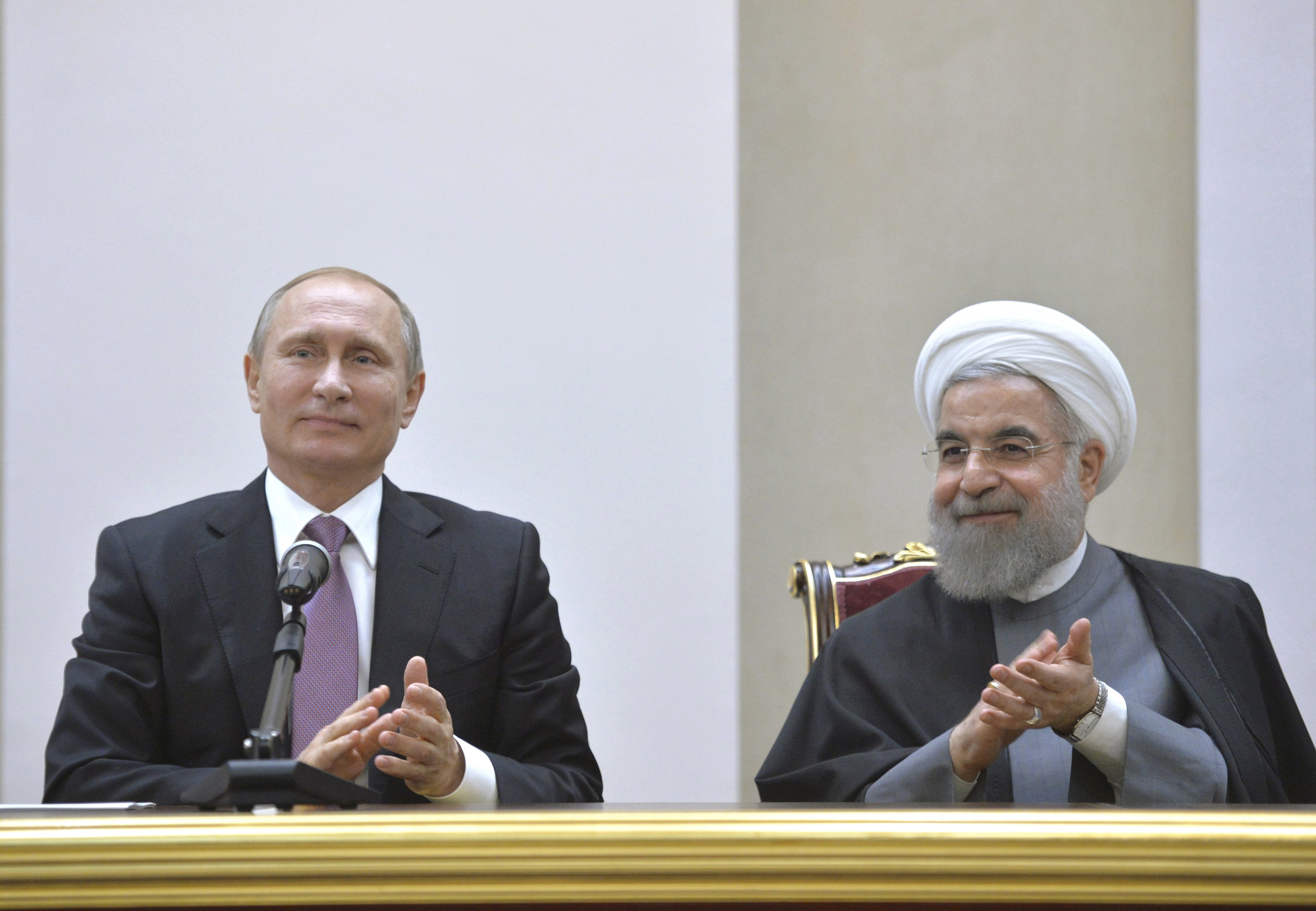When Iran took delivery of the first parts of an advanced Russian air defense system this month, it paraded the anti-aircraft missile launchers sent by Moscow to mark Army Day.
Tehran had cause to celebrate: the Kremlin's decision a year ago to press ahead with the stalled sale of the S-300 system was the first clear evidence of a growing partnership between Russia and Iran that has since turned the tide in Syria's civil war and is testing U.S. influence in the Middle East.
But the delay in implementation of the deal also points to the limitations of a relationship that is forged from a convergence of interests rather than a shared worldview, with Iran's leadership divided over ideology and Russia showing signs of reluctance to let the alliance develop much more, according to diplomats, officials and analysts.


















With your current subscription plan you can comment on stories. However, before writing your first comment, please create a display name in the Profile section of your subscriber account page.